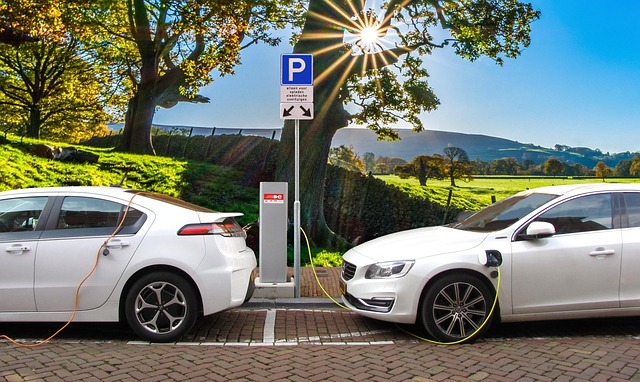Empowering Rural Development: The Future of Sustainable Electric Transportation
The rise of environmentally conscious electric transportation marks a turning point in how we think about mobility, especially in rural areas. As communities seek to balance economic growth with ecological mindfulness, electric vehicles (EVs) stand out as a beacon of hope. This new wave of transport sustainability not only promises to reduce greenhouse gas emissions, but it also paves the way for rural development by enhancing access to resources, jobs, and services.
In rural settings, traditional transportation methods often fall short, leaving many communities isolated. Yet, with the adoption of electric vehicles, these regions can transform their mobility landscape. Imagine a world where small towns can maintain their charm while integrating modern, sustainable transport systems. With the right infrastructure in place—like charging stations powered by renewable energy—these areas can attract investment and improve the quality of life for their residents. This shift isn’t just beneficial; it’s essential for fostering economic resilience.
Moreover, environmentally conscious electric transportation can drive local innovation. As demand for EVs grows, rural entrepreneurs can step in to create businesses focused on manufacturing, charging station installations, and maintenance services. This not only generates jobs but also empowers local economies, allowing communities to thrive rather than merely survive. The ripple effect can lead to a more vibrant and connected rural landscape, where sustainability is woven into the fabric of daily life.
Transport sustainability through electric vehicles also addresses one of the critical challenges faced by rural areas: accessibility. With reliable electric transportation, residents no longer need to rely solely on personal vehicles for commuting to work or accessing healthcare. This ease of transportation can bridge gaps, making it easier for families to reach educational institutions and services that were once out of reach. The transport system becomes an enabler of progress, lifting communities up and creating a more inclusive society.
As we look toward the future, it’s vital that initiatives supporting environmentally conscious electric transportation are prioritized. Governments, organizations, and communities must collaborate to develop policies that support the adoption of EVs in rural areas. This includes investing in infrastructure, providing incentives for EV purchases, and educating communities about the benefits of sustainable transport.
In addition to practical benefits, the transition to electric transportation can foster a renewed sense of pride in rural identities. Many rural residents have a deep connection with their environment and want to preserve its beauty for generations to come. By embracing electric vehicles, these communities can showcase their commitment to protecting the planet while still moving forward. This harmonious relationship between nature and technology will attract visitors and advocates, further bolstering rural development initiatives.
Ultimately, the fusion of transport sustainability and rural development represents more than just a trend; it is a movement toward a more conscientious future. By prioritizing environmentally conscious electric transportation, we empower not just the communities in which we live, but the planet as a whole. The journey ahead requires vision, collaboration, and relentless pursuit of progress, but the destination promises richer, more sustainable outcomes for all.




